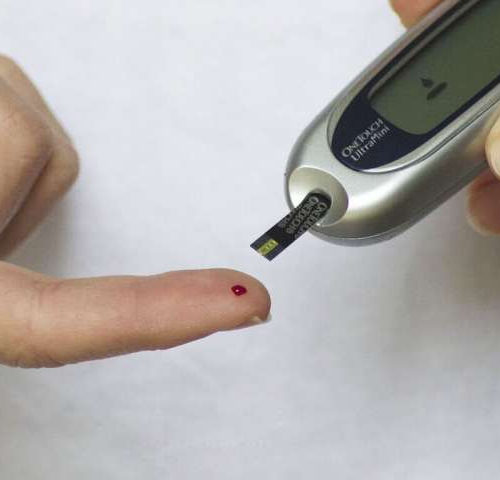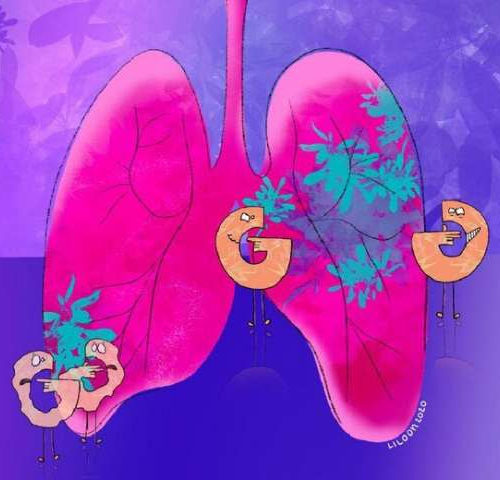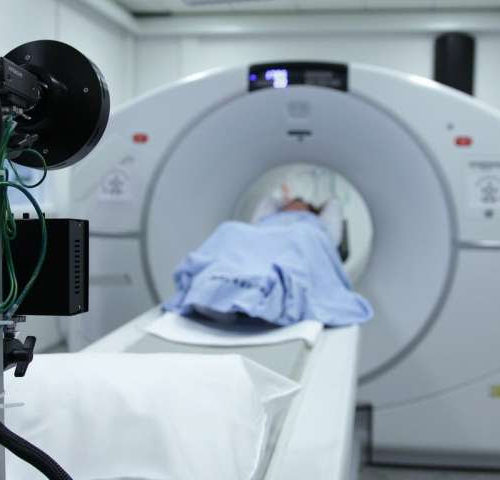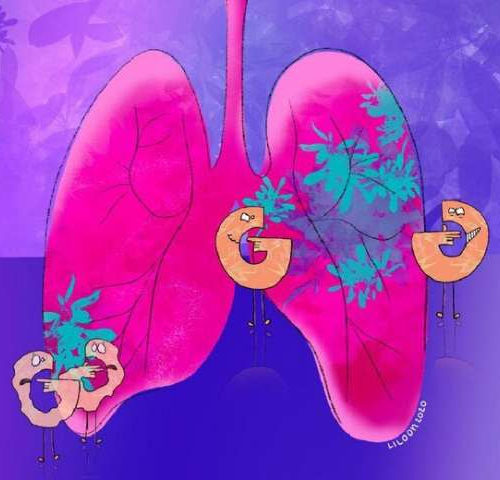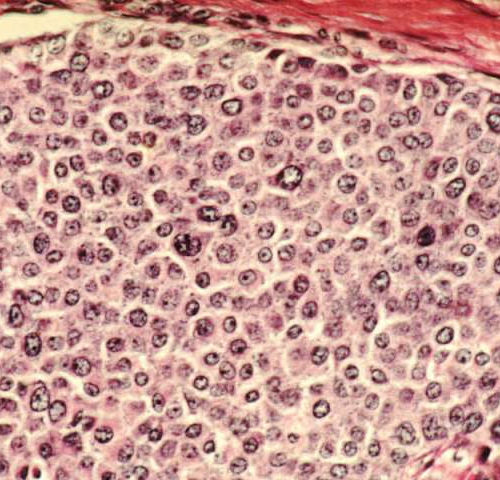by University of Bristol Early signs of being more susceptible to type 2 diabetes as an adult can be seen in children as young as 8 years old, decades before it is likely to be diagnosed, according to a new study published in Diabetes Care today. The research looked at the effects of a genetic...
Tag: <span>metabolism</span>
Parkinson’s linked to overabundance of opportunistic gut pathogens
By Nick Lavars June 21, 2020 As a disease without a cure or means of prevention, there is a lot we don’t know about Parkinson’s and the way it takes hold in the human body. One school of thought is that it actually begins in the gut, and a new study has strengthened these ties...
Urine test reveals quality of your diet — and whether it’s the best fit for your body
Scientists have completed large-scale tests on a new type of five-minute urine test that measures the health of a person’s diet, and produces an individual’s unique urine ‘fingerprint’. Scientists have completed large-scale tests on a new type of five-minute urine test that measures the health of a person’s diet, and produces an individual’s unique urine...
Blocking sugar metabolism slows lung tumour growth
by Emily Packer, Ecole Polytechnique Federale de Lausanne Blocking a pair of sugar-transporting proteins may be a useful treatment approach for lung cancer, suggests a new study in mice and human cells published today in eLife. Cancer cells use a lot of sugar to fuel their rapid growth and spread. This has led scientists to...
How ApoE4 endangers the brain
by Max Delbrück Center for Molecular Medicine Apolipoprotein E (ApoE) is kind of like a delivery service for the human brain. It supplies neurons with important nutrients, including with polyunsaturated fatty acids—which are building blocks of the membranes surrounding the neurons. In addition, certain unsaturated fatty acids are converted into so-called endocannabinoids. These are endogenous...
Study gives insights into how human fat cells are affected by age
by Anna Molin, Karolinska Institutet Knowledge of how human fat tissue is affected by age has long been defined by numerous mouse-based studies. Researchers at Karolinska Institutet in Sweden have now, for the first time, been able to conduct a prospective study on humans that provides novel insights into how our fat cells reduce lipid...
GLP-1-based treatment of diabetes does not cause pancreatitis
UNIVERSITY OF COPENHAGEN THE FACULTY OF HEALTH AND MEDICAL SCIENCES About 50,000 Danish diabetic patients are treated with GLP-1-based medicine. GLP-1 is a hormone that reduces the blood sugar and inhibits the appetite, and it is a frequent treatment for type 2 diabetes and obesity. A known side effect of this particular treatment is that...
Creating a new paradigm for understanding the individual effects of diet
by Murdoch University Researchers at the Australian National Phenome Centre at Murdoch University and partners at Imperial College London have made a major breakthrough in understanding how individuals can have different reactions to the same diets. For decades, nutritionists and scientists have been debating whether weight loss is down to sheer will power and healthiness...
Blocking sugar metabolism slows lung tumor growth
by Emily Packer, Ecole Polytechnique Federale de Lausanne Blocking a pair of sugar-transporting proteins may be a useful treatment approach for lung cancer, suggests a new study in mice and human cells published today in eLife. Cancer cells use a lot of sugar to fuel their rapid growth and spread. This has led scientists to...
A sugar hit to help destroy cancer cells
by University of Southern California The research team has discovered that akt-type cancer cells, which are common in breast cancer, above, can be killed by a common milk sugar, galactose. Credit: Wikimedia Commons Like any cells in the body, cancer cells need sugar—namely glucose—to fuel cell proliferation and growth. Cancer cells in particular metabolize glucose...

